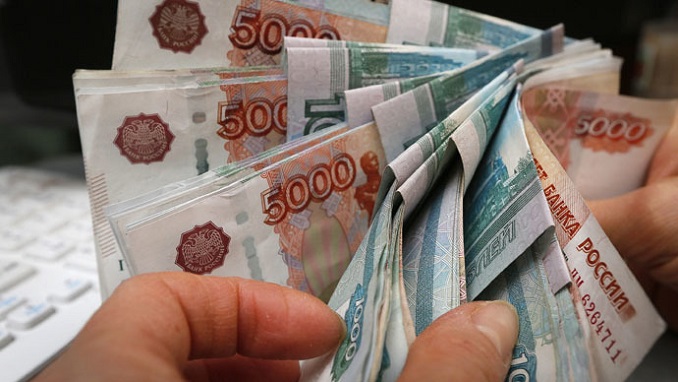Russia’s deepening economic crisis, caused by the coronavirus pandemic and a shap drop in oil prices, could spill into some of the most remittance-dependent economies in the world, Bloomberg wrote last week.
Migrant workers from the former-Soviet Union send $13 billion home each year from Russia, where they are allowed to work visa-free. But now that money is starting to dry up due to lockdowns in Moscow and St. Petersburg that have halted construction projects and sapped demand for taxis, the news outlet wrote.
Migrants around the world have been sending an increasing amount of money home in recent decades. Those funds have played an increasingly important role in the economies of many low-income countries.
But that trend has been significantly interrupted by the Covid-19 global pandemic.
Remittances, the money that typically flows from high-income countries to middle- and lower-income countries, are expected to drop by 20% in 2020, according to the latest forecast by the World Bank. This would be the largest single-year decline in remittances in the past century. The last global financial crisis saw remittances drop by 5% in 2009.
London-based M&G Investments offer an even grimmer forecast for Russia, predicting “a drop of more than 30%-40% this year in total remittances from the country.”
The Bank of Russia says the self-isolation measure could knock 1.5%-2% off economic growth in 2020 but a worst-case scenario being discussed by the Russian government last month put the potential drop at 5%-10%.
“Hundreds of millions if not billions of people [are affected],” says Dilip Ratha, the lead economist for migration and remittances at the World Bank. “It is only when you begin to think of the rest of the world, and you want to help the rest of the world, and think of one world, that is when you begin to realize the importance of remittances. This is the time to really take note of the small changes that could make huge impact in many parts of the globe.”












